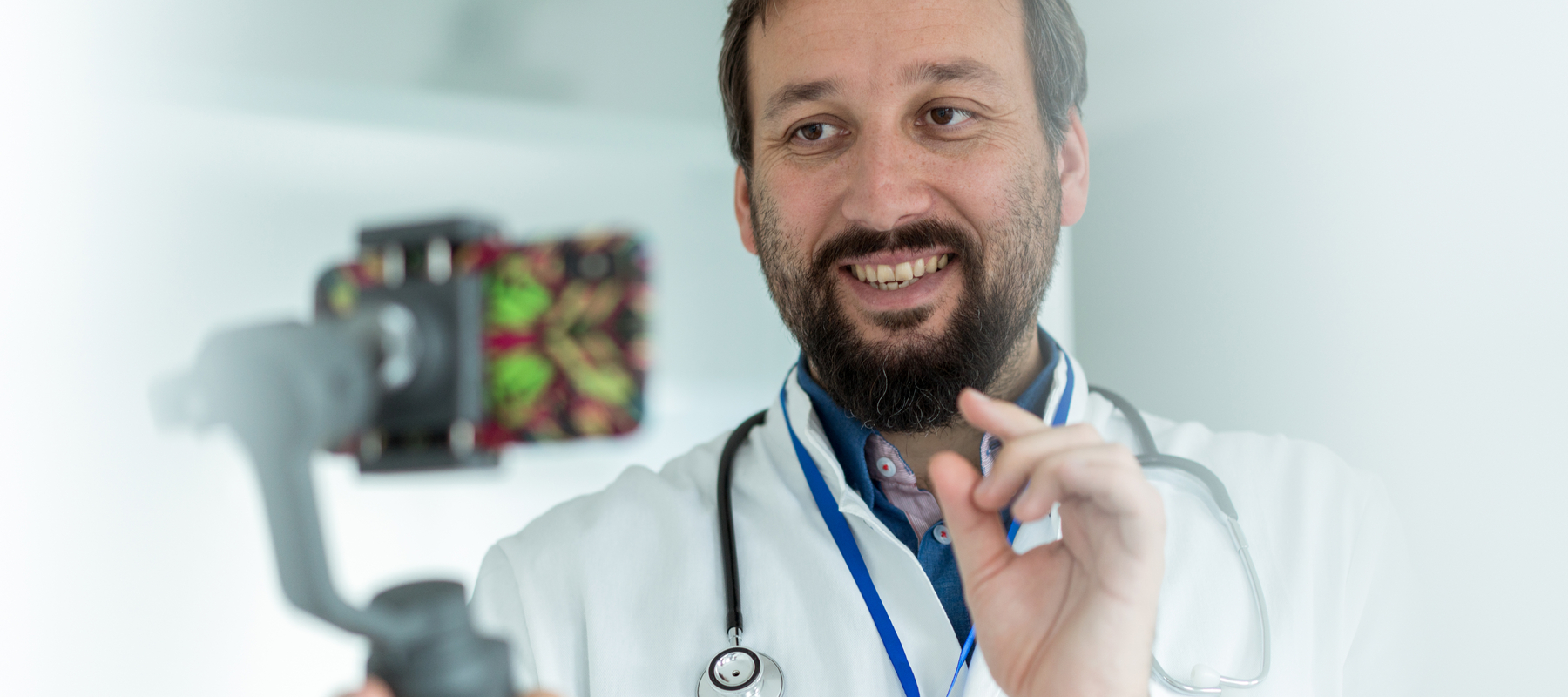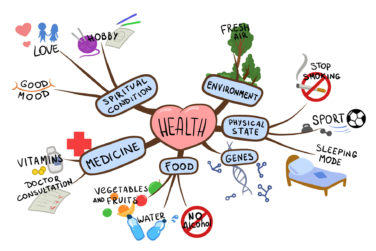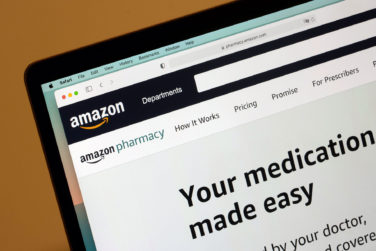Oncology is in the middle of a generational chasm. Life sciences’ Medical Affairs teams are well-positioned to bridge the gap, as the traditional role of the Medical Science Liaison (MSL) evolves to align with the demands of a virtual world. To succeed, MSLs must understand how key opinion leaders, or medical experts, of different generations consume information and want to engage.
This is especially pressing given the rise of the digital influencer (DI) or connected opinion leader (COL)—a new class of rising medical voices that showcases the marriage between scientific communication and the digital world.
Connecting with DIs, as well as traditional experts, is key to bridging the generational gap between baby boomer and millennial oncologists. As the oncology workforce becomes younger in the coming years (about 20% nearing retirement age at 64 and older1), it is up to Medical Affairs to adapt by engaging digitally to complement the traditional MSL-to-expert relationship and ensure that emerging DIs in oncology amplify critical scientific breakthroughs throughout social media.
The Role of Digital Influencers in Oncology
Oncology HCPs of all generations are becoming digitally competent—especially leveraging social media, YouTube videos, and podcasting—to communicate their expertise, present a scientific point-of-view, and build an online following. Their followers include peers, patients, and pharmaceutical and biotechnology companies, all of whom must assess the DI’s message to determine impact and develop trust.
Dr. Eric Winer, a medical oncologist at the Dana-Farber Cancer Institute, developed a large online following by consistently posting educational YouTube videos. Medical oncologist and thought leader Dr. Jack West also attracts a significant audience online while additionally serving as an advisor or consultant2 to nine pharmaceutical companies, including Bristol Myers Squibb, Celgene, and Merck. Mayo Clinic oncologist Dr. Vincent Rajkumar is another influencer who boasts 32,500 Twitter followers.
Tomorrow’s oncologists will be digitally savvy HCPs, many of whom do not have a “traditional” expert profile with dozens of published papers or large conference presence. They are simply more comfortable in digital spaces and adept at mastering digital channels—and they are just as important to life sciences companies who need to establish lasting relationships with emerging leaders.
Identifying, and Prioritizing, Digital Influencers
When it comes to MSLs targeting and engaging with oncology DIs, the strategy looks different compared to reaching out to the traditional expert. Medical Affairs should develop strategies for social media listening and follow experts who voice opinions and share information about relevant clinical trials, research, and new therapies online. By paying attention to these discussions, MSLs can identify key influencers as well as trends and turn that data into insights.
While staying on top of the information and opinions being circulated digitally is key, Medical Affairs must then use those insights to also participate in the conversation. In the virtual world where information spreads lightning-fast, it is crucial to always be aware of scientific exchange on social media. Listening to the virtual dialogue, as the first step, and engaging with HCPs who post about relevant topics is an easy way for companies to begin social exchange.
Creating a Long-Term Strategy for Social Media Engagement
Generating insights for the organization is the job of any Medical Affairs department, and social media listening offers a new way to inform company-wide objectives. Companies can identify experts with unique perspectives on relevant oncology topics, which can help validate key decisions. Generating valuable insights that are actionable on the company level requires a clear, long-term strategy.
A social media strategy must go beyond simply knowing who the primary DIs are for your specific therapeutic area. Finding the right audience, the right name, is just one small piece. Medical Affairs must also understand the context of that expert—including who influences them and what relationships are entrenched—and why they would want to engage and develop a relationship. A company’s digital engagement goals must also align with its medical strategy and consider how virtual channels can add value to the HCP community and ultimately improve patient outcomes.
Capturing social media information requires a data-driven process and a platform that makes it easy to find the right individuals. MSLs can focus on those digital experts who have the most significant impact or voice, with information like their number of followers and what kind of message they are sharing.
Engaging with the New Generation of Oncologists
Traditional oncology experts build their reputation and create their local, regional, or national networks via peer-reviewed publications and scientific leadership as well as clinical trial activity. Soon, these oncologists’ sway may become eclipsed by DIs in specific oncology areas. They can quickly deliver scientific updates, sometimes derived from their own work but most often from a multitude of traditional experts and be consumed by thousands of loyal followers in seconds.
Identifying and connecting with DIs is now mission-critical for Medical Affairs, particularly as millennials are becoming a significant portion of U.S. oncologists. In this growing and complex market, data-driven insights are key for Medical Affairs to deploy scientifically strategic programs that combine both traditional expert and DI engagement. In a rapidly evolving field such as oncology, driving innovation and improving patient outcomes relies on prioritizing new evolving technology strategies to address the DI dynamic.
References:
1. https://www.asco.org/research-guidelines/reports-studies/state-cancer-care.








